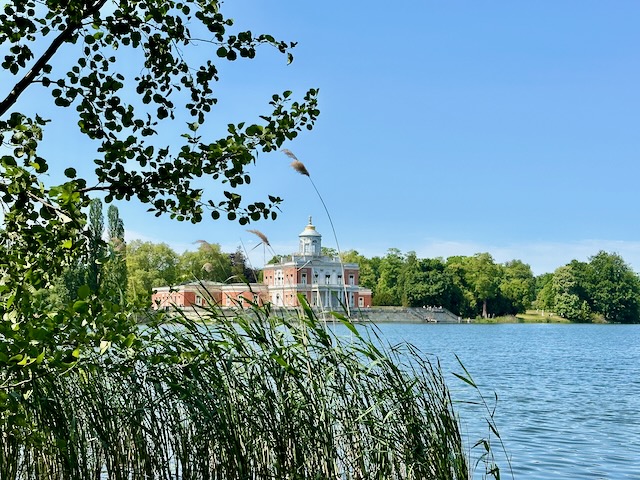What do we mean?

What do we mean?
I noticed that we often assume that other people understand the world in the same way we do - especially people who are close to us or people with the same cultural background. But I think I'm not wrong in saying that many people think their way of seeing the world is completely rational and if somebody does not agree then their reasoning is flawed. That does not mean that we would not consider other people's opinions and update our own thinking, but it is more that: there is an expectation that there is one right way of seeing things and, hence, of acting.
This might sound obvious but then again it isn't. I find myself every now and again in a situation where an assumption I made about how another person interprets something is totally wrong.
We probably cannot completely avoid this. Yet at the same time I think we need to be more deliberate in our communication. Especially when a group of people works together in a team, this becomes extremely important. Do we mean the same things when we say 'principle' or 'strategy' or 'impact?' But also: do we have the same expectations of a process and what needs to be pre-defined for a process to work?
Just this for today. Food for thought, curious about if this resonates with you.
The Paper Museum
Rainer Maria Rilke on living the question - first the original in German, then an English translation.
„(…) und ich möchte Sie, so gut ich es kann bitten, Geduld zu haben gegen alles Ungelöste in ihrem Herzen und zu versuchen, die Fragen selbst lieb zu haben, wie verschlossene Stuben und wie Bücher, die in einer fremden Sprache geschrieben sind. Forschen Sie jetzt nicht nach Antworten, die Ihnen nicht gegeben werden können, weil Sie sie jetzt nicht leben könnten. Und es handelt sich darum, alles zu leben. Leben Sie jetzt die Fragen. Vielleicht leben Sie dann allmählich, ohne zu merken, eines fernen Tages in die Antworten hinein.“
“(...) and I would like to ask you, as much as I can, to be patient toward all that is unsolved in your heart and try to love the questions themselves, like locked rooms and like books that are now written in a very foreign tongue. Do not now seek the answers, which cannot be given you because you would not be able to live them. And the point is, to live everything. Live the questions now. Perhaps you will then gradually, without noticing it, live along some distant day into the answer.”
Why have I added this to my paper museum? This quote is in a way a continuation of the paper museum quote from last week - living life as inquiry.
Reference: Rainer Maria Rilke, Zitat aus Briefe, erster Band: 1897 bis 1914, (Wiesbaden) 1950, 49
More for you to enjoy: Sonja Blignaut writes that complexity is not supposed to be complex.
Photo
The Heiliger See and the Marmor Palais in Potsdam, Germany. I spent a lot of time in Potsdam over the last 10 months and have really enjoyed it. But that time is coming to an end and I will miss it. My own photo.